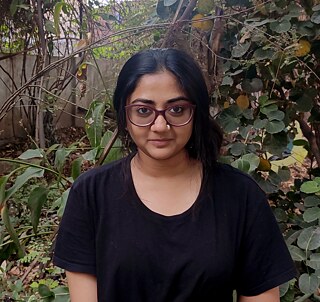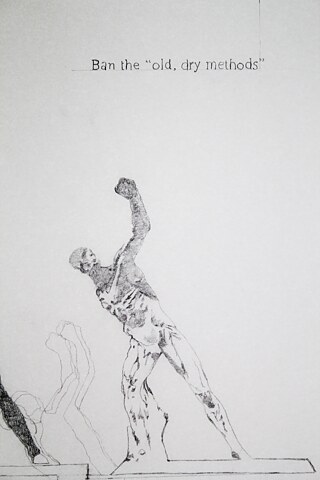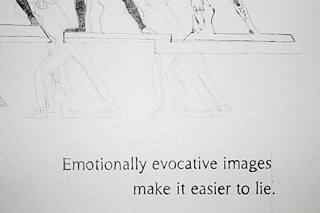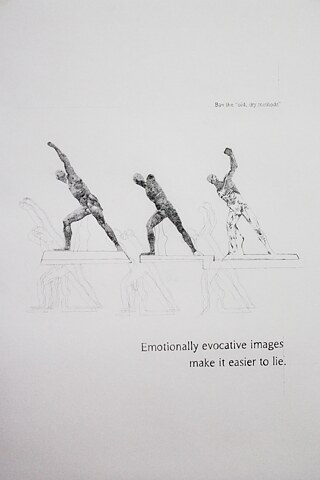Sarasija Subramanian
bangaloREsident-Expanded@Zentralwerk

histories and presents.
Sarasija is currently based in Bangalore, India, where she is the editor of Reliable Copy - an independent publishing house for works, projects, and writing by artists. She received her Master’s Degree from M.S.U. Faculty of Fine Arts, Vadodara in 2017 and has previously participated in studio residencies at 1Shanthiroad Studio/Gallery (Bangalore, 2018), Interface at the Inagh Valley Trust (Inagh Valley, Ireland, 2017), Space118 (Mumbai, 2017), the Building Bridges Project with EAS (USA, 2017), and the Inlaks-UNIDEE Residency at the Cittadellarte (Biella, Italy, 2016).
In 2018, she had her first solo-exhibition, ‘They walk amongst us, don’t they’ at 1Shanthiroad Studio/Gallery, Bangalore. Previous group exhibitions include, ‘The Print: Matter in Matrix’, presented by Latitude 28 (New Delhi, 2020), ‘Material Gains' and 'Embark' at Gallery Ark (Vadodara, 2018 and 2019), ‘Curatorial Enquiry: Act I’ at Site Art Space (Vadodara, 2018), ‘Incomplete Nature’, at Interface (Galway, 2018), ‘Building Bridges’ with EAS USA at A.M. Gallery (Kolkata, 2018), Art Konsult (New Delhi, 2018), and Gallery Sumukha (Bangalore, 2018), and Art el Centro, Fondazione Pistoletto (Biella, 2016).
During her time at Zentralwerk, she will engage with two museum collections in Dresden – the Deutsches Hygiene Museum and the Lugen Museum. Focusing on research and documentation - towards a body of work centered around intimacy, the body, its care, and the violence that comes with it - she will extend her current research and practice, looking at new ways to unpack concepts around knowledge systems, and how relationships with both ourselves and others play a part in rupturing these beliefs.


